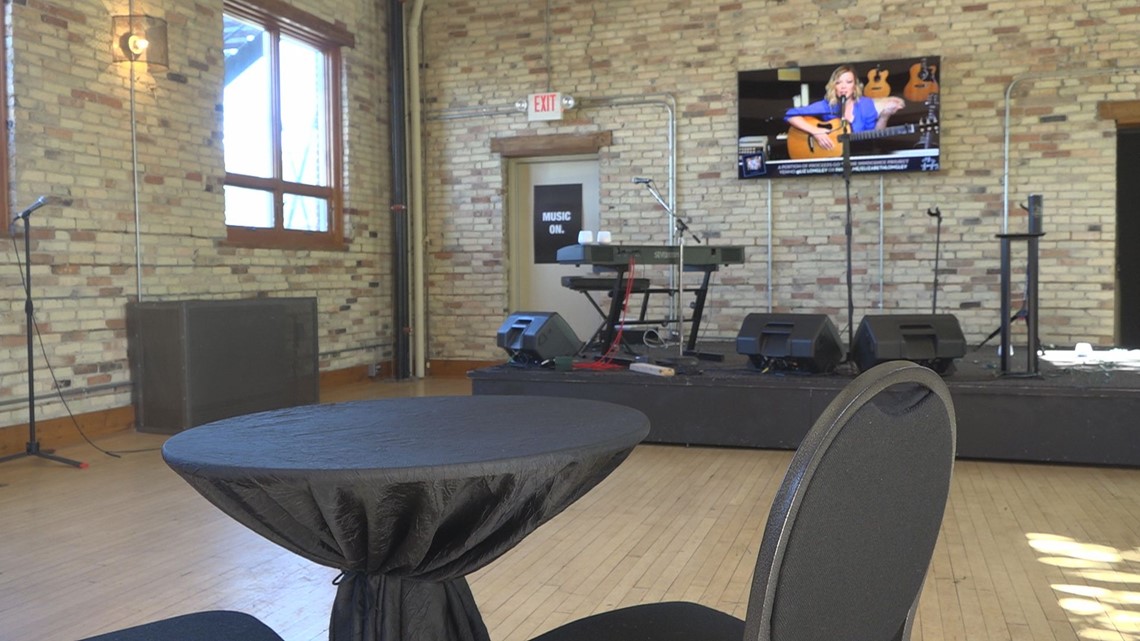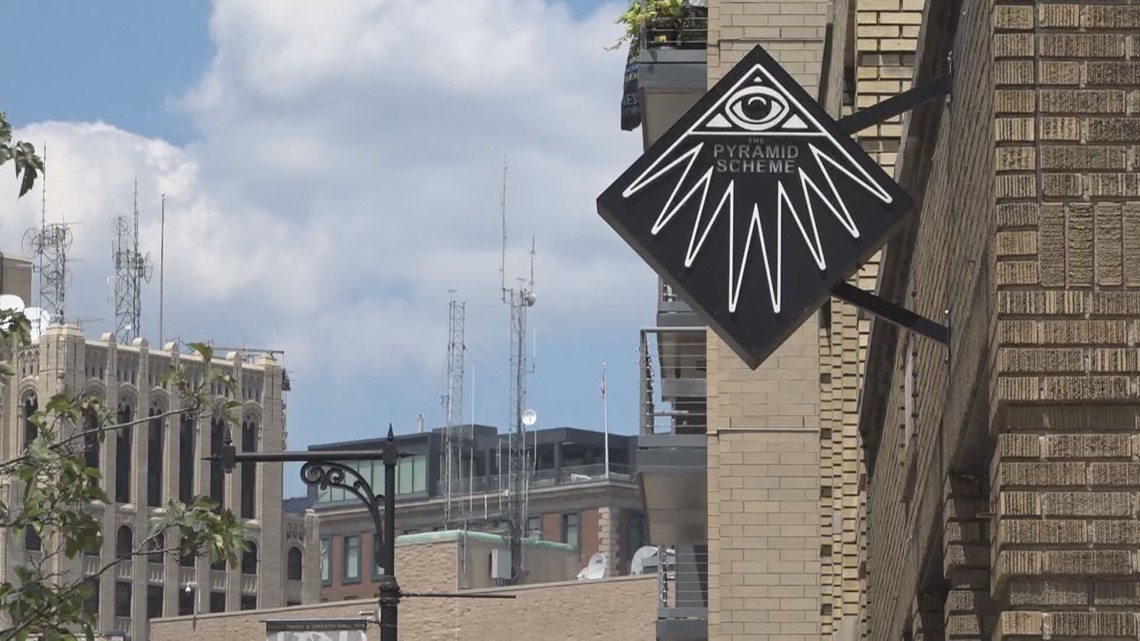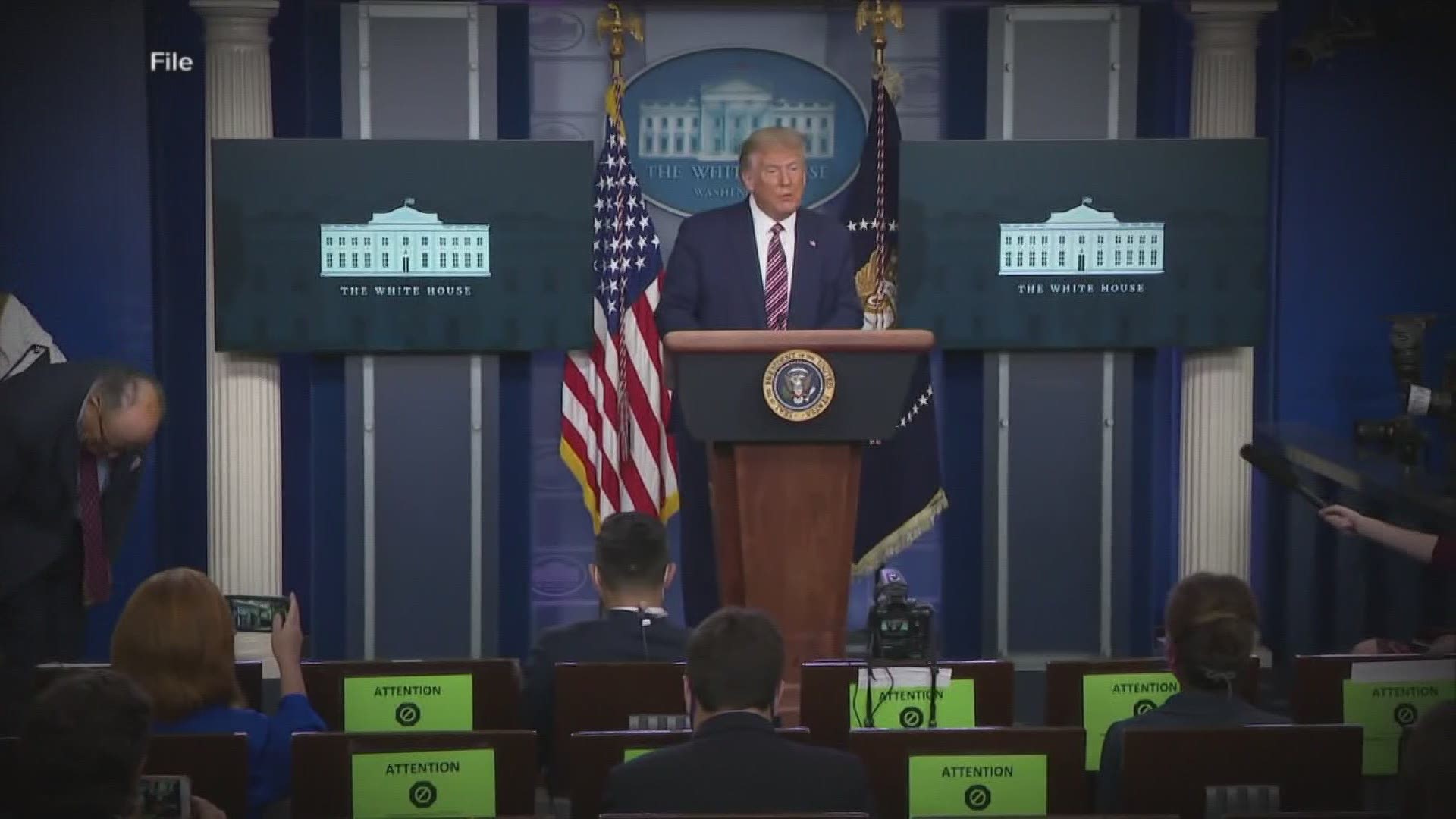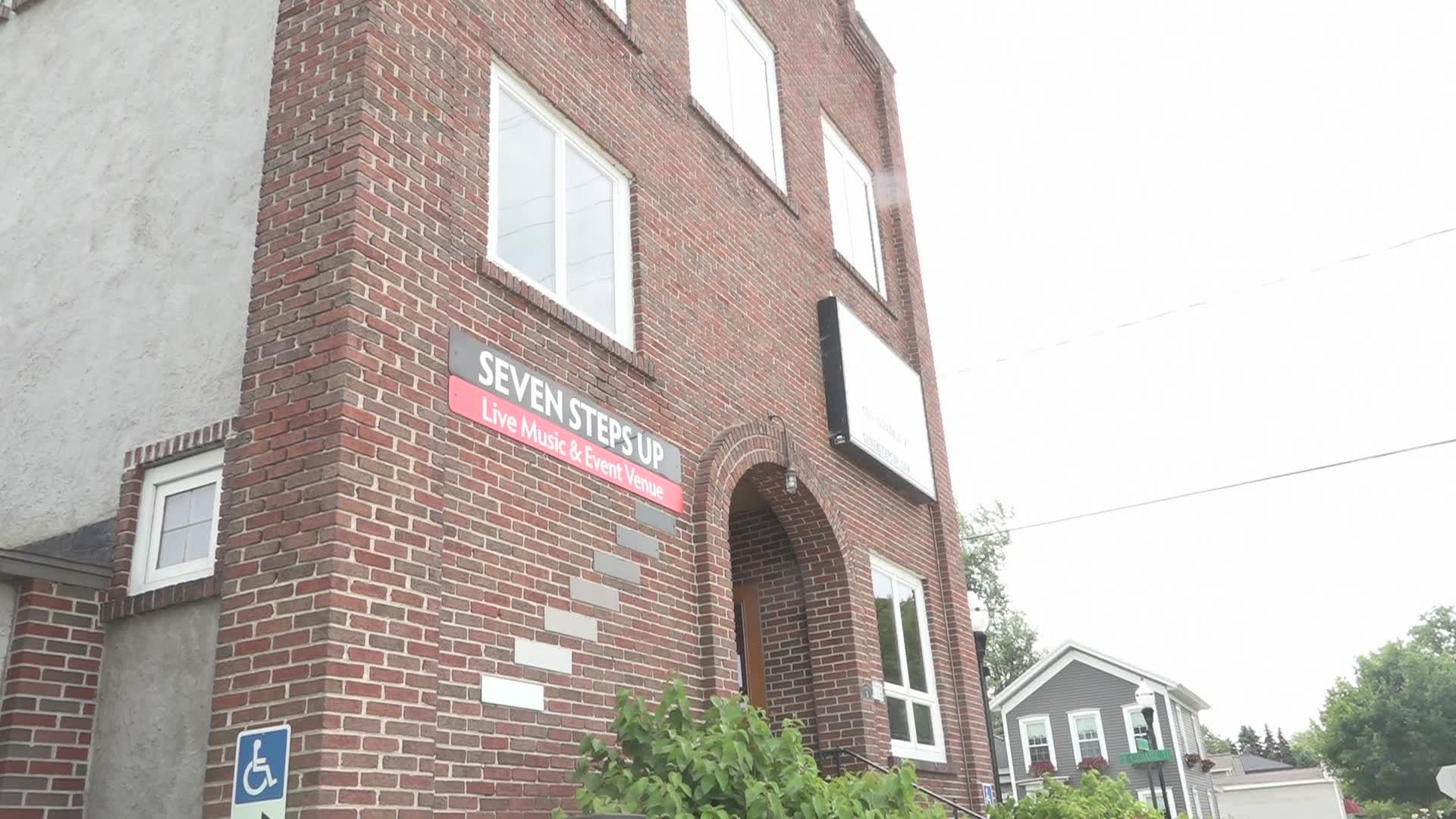GRAND RAPIDS, Mich. — Movie theaters, bowling alleys, and performing venues are set to reopen Friday with restrictions and limited capacity. However, for the live music industry, that might not be enough to save local venues.
This is especially true for smaller venues. Seven Steps Up in Spring Lake would only be able to have 16 people in for a show at a time under current guidelines.
"Our business model is social gathering," said Michelle Hanks, owner of Seven Steps Up, "and until we can do that safely, we don’t see, and other venues, just don't see that possibility of reopening in any meaningful way."
The venue has been putting on some social media streaming concerts this year, but the last live performance was on March 8. Hanks said they had to lay off all of their employees, and pay back $7,000 in concert ticket refunds. Opening with such a small audience to allow for social distancing just won't be worth it.
"So now, we’re coming up on seven months, we’re broke, and we don’t have any way to reopen," said Hanks, "We can’t get anyone to listen to us, because they either tell us we’re fighting for you to reopen, which doesn’t help us, or they tell us there’s nothing we can do."


Hanks and her co-owner husband, Gary Hanks, are part of the National Independent Venue Association (NIVA). They are supporters of the Save Our Stages Act, which was added to the coronavirus relief package in Congress. However, President Trump has halted negotiations on the relief talks until after election day.
Hanks knows she's not hoping full capacity is allowed in the middle of the pandemic, and she's looking ahead to next year. In the meantime, they are struggling financially.
"We as a group have asked for a $10 million dollar fund, a bridge to get to the other side," said Hanks, "We as a group generate $660 million dollars [in Michigan]. That’s a huge return on investment for the state. What am I missing? We feel our industry has been left behind."
According to Hanks, NIVA estimates live concert venues generate $12 back into the community for every one dollar spent on tickets.
Another major hurdle is finding acts. Many artists are not touring during the time.
The owner of The Pyramid Scheme, Tami VandenBerg, said she has artists asking to play in the venue. She wants to find a way to safely allow them to perform, even for a very small crowd to one again hear live music.
"I desperately desperately miss live music," said VandenBerg, "So part of me, just selfishly, really wants to see some live music. If I'm masked up, and sitting down the whole time, I'm happy to do that. We want to be part of the solution. We don't want to cause any problems. But I cannot wait to have music back there."
However, she does not expect any of the concerts to be profitable for some time. The bar and venue recently opened an outdoor social zone in Grand Rapids, and along with to-go cocktails, the business is one again gaining profits. For the performance side of the business, allowing acts to play will look different. That could include a just a few, spaced out tables on the floor, masks, and possibly higher cover charges.


"The last thing I want to do is put up cost barriers for anyone," said VandenBerg, "But the reality is, we've just been hit extremely hard, and we're not in a position to be losing a bunch more money."
Hanks said these is the reason they hope Save Our Stages passes. One day, they hope to be a cultural epicenter in Spring Lake, bringing in dollars to the community and spreading art. However, for now, they just want to get by.
"All we’re asking for is a bridge," said Hanks, "Help us pay our bills until we can do what we’ve always done for our communities: bring people to the communities, be that cultural center."
►Make it easy to keep up to date with more stories like this. Download the 13 ON YOUR SIDE app now.
Have a news tip? Email news@13onyourside.com, visit our Facebook page or Twitter. Subscribe to our YouTube channel.


